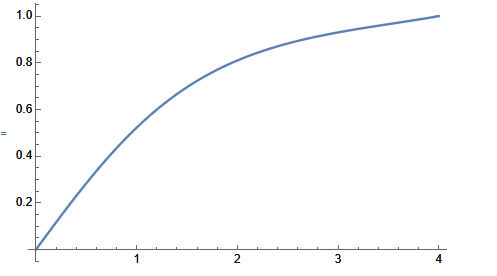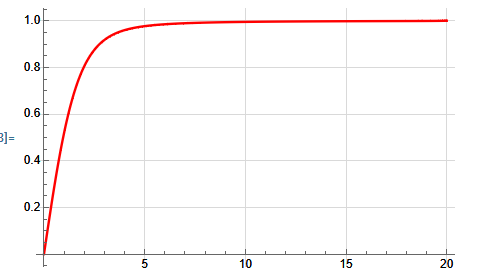You can't solve with BC at infinity numerically. Since this BVP, you can try shooting method.
Best I could make run to is up to $x=4$
ode=1/x*D[x*f'[x],x]+(1-1/x^2)*f[x]-f[x]^3==0
k=4;
bc={f[$MachineEpsilon]==0,f[k]==1}
sol=NDSolve[{ode,bc},f,{x,$MachineEpsilon,k},
Method->{"Shooting",
"StartingInitialConditions"->{f[$MachineEpsilon]==0,f'[$MachineEpsilon]==1}},
WorkingPrecision->40
]
Plot[Evaluate[f[x]/.sol],{x,0,k}]
There might be more tunning options to make it integrate to larger values.
Thanks to comment below by Mariusz Iwaniuk, using f'[$MachineEpsilon]==Rationalize[1.166378991720675,0] makes it go to $x=20$.
sol = NDSolve[{ode, bc}, f, {x, $MachineEpsilon, k},
Method -> {"Shooting",
"StartingInitialConditions" -> {f[$MachineEpsilon] == 0,
f'[$MachineEpsilon] == Rationalize[1.166378991720675, 0]}},
WorkingPrecision -> 40]
Plot[Evaluate[f[x] /. sol], {x, 0, k}, AxesOrigin -> {0, 0},
PlotStyle -> Red, GridLines -> Automatic,
GridLinesStyle -> LightGray]



